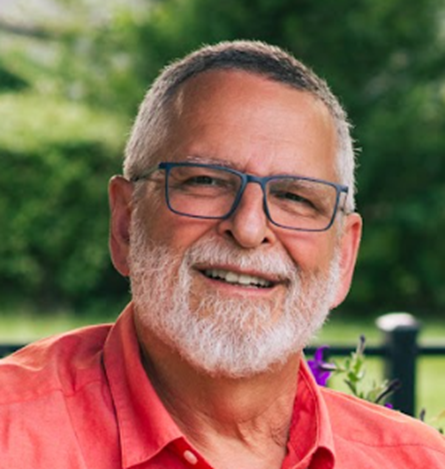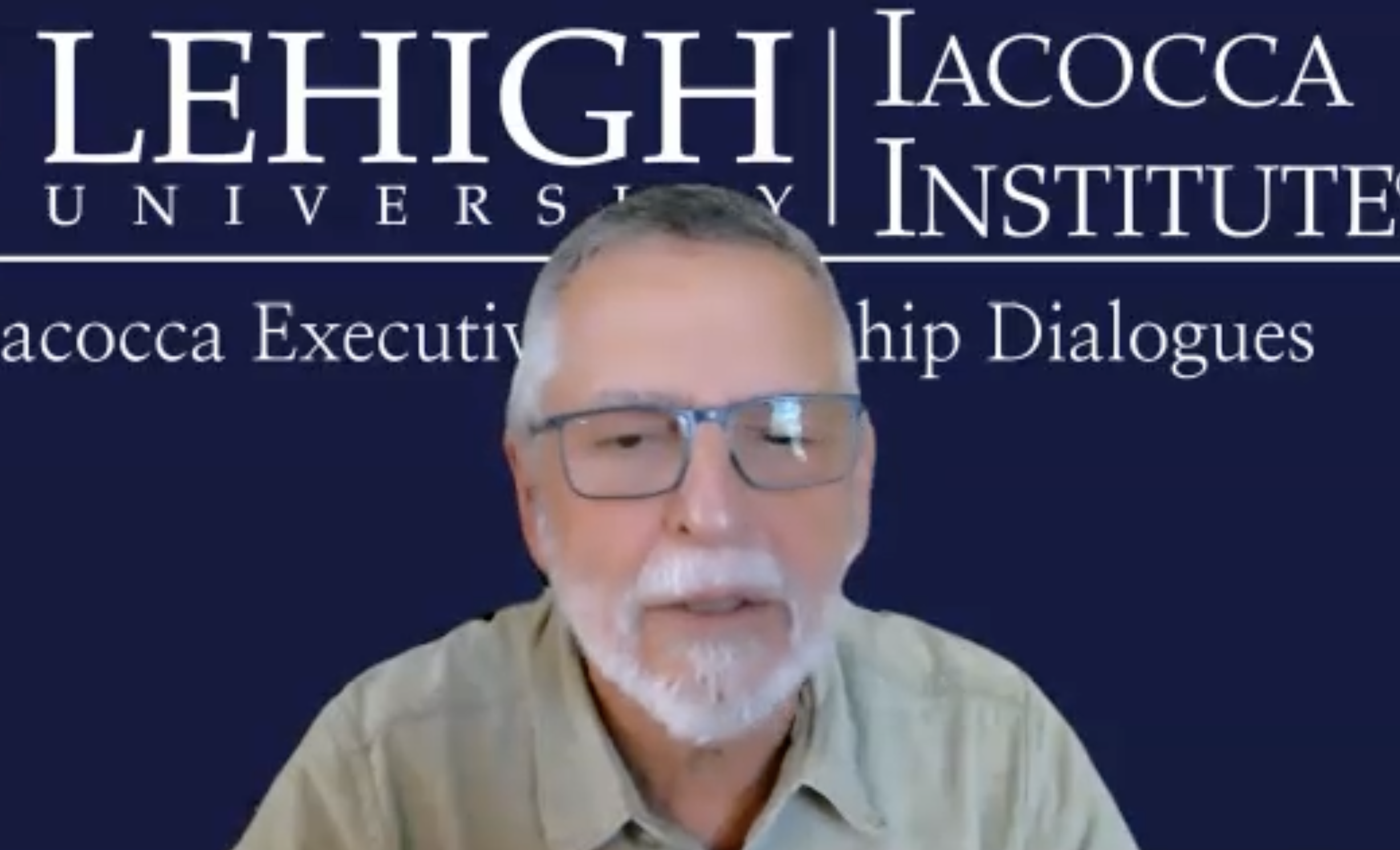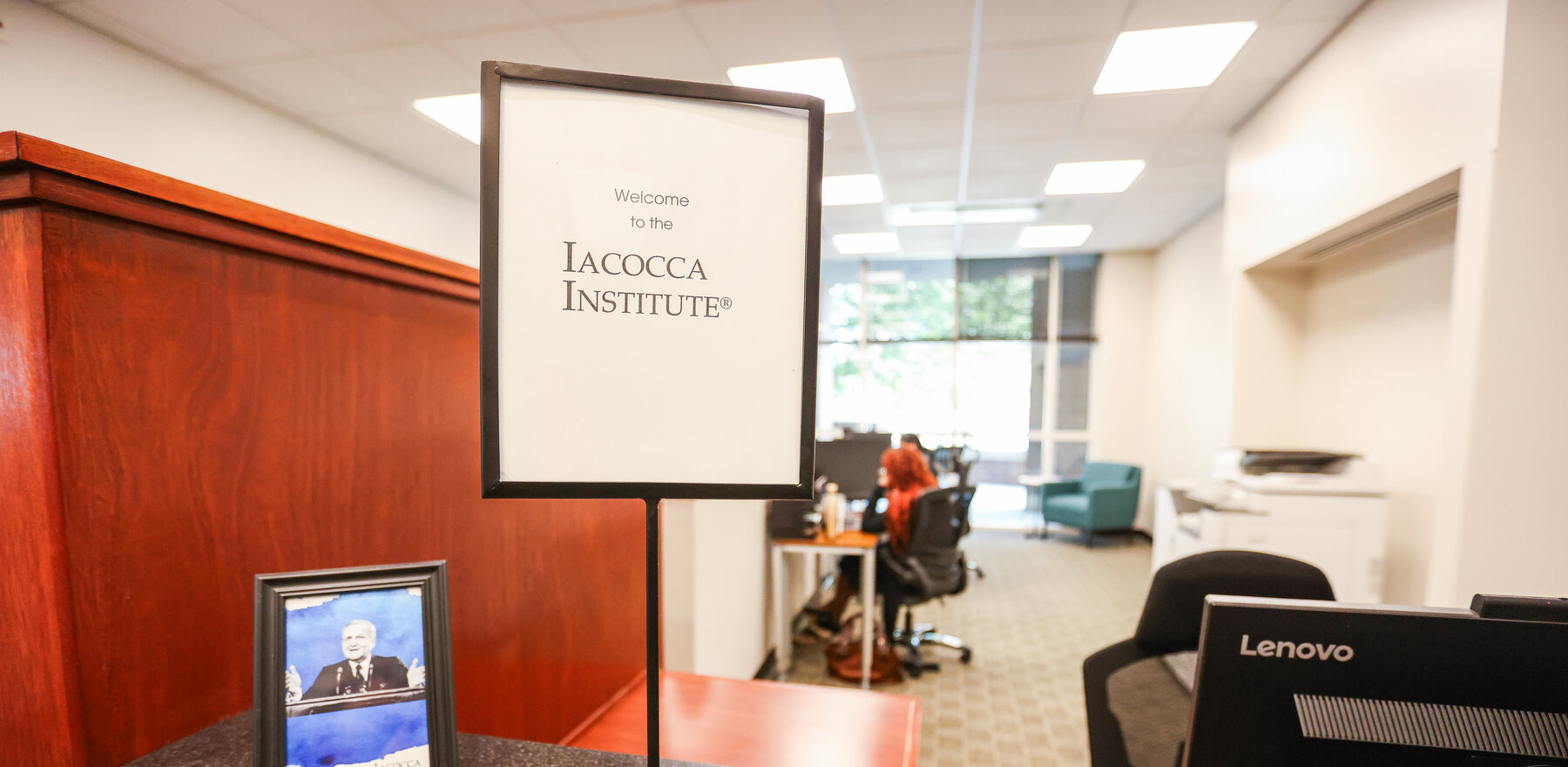Leaders from across sectors convened for the Iacocca Institute’s Executive Fellows Dialogue to explore how trust, culture, and credibility—often invisible on balance sheets—define the true capacity of nonprofit organizations
During this month’s gathering of the Iacocca Institute Executive Fellows this week, a speaker urged the group to look beyond budgets and balance sheets—and consider the invisible forces that define a nonprofit organization’s true capacity: trust, culture, and a legacy of credibility.

“Nonprofits are as strong as the promises they keep,” Roland Kushner '83G '94 Ph.D, Professor of Business at Muhlenberg College and a member of the Executive Fellows, said during the online meeting on April 24.
It marked the third gathering of the Executive Leadership Dialogue Series, a monthly meeting of business professionals, scholar-practitioners, and multidisciplinary experts from throughout the nation and abroad for a robust discussion and exchange of ideas.
During his presentation, Kushner discussed “The Invisible Balance Sheet,” a conceptual framework for understanding nonprofit sustainability beyond traditional accounting. He argued that nonprofits are fundamentally built on “invisible liabilities” that are balanced against “invisible assets.”
Invisible liabilities are commitments nonprofits make to serve their missions—often long-term obligations to communities and causes. Examples can include promises to support underserved populations or increase underrepresented student enrollment.
Invisible assets include things nonprofits rely on but don't always quantify, such as knowledge, internal culture, strategic position, networks, preferential pricing, reputation, and philanthropic capacity.
“Invisible liabilities can’t simply be erased by leadership transitions—they must be honored,” Kushner said. He earned his B.A. in History from Carleton University (Canada), and his M.B.A. and Ph.D. from Lehigh University's College of Business.
Also during the meeting, Iacocca Institute Executive Director Scott Koerwer provided updates on Lehigh’s international program. He also encouraged the Executive Fellows to contribute opinion pieces and other content for circulation, and reiterated an open invitation for collaboration and visits to the campus.
“We see this at the Institute and the Office of International Affairs as a call to action on why global education is important,” Koerwer said. “After all, our strategic plan is about helping develop future makers. Future makers need leadership development.”

Koerwer also discussed the Institute’s robust schedule of summer programs, including the Iacocca International Internship Program, Iacocca Global Entrepreneurship Intensive, Ruhr Fellows Program, and new initiatives for young leader development.
Launched in July 2024, the Executive Fellows foster a rich exchange of diverse perspectives that will enhance cultural competency and global awareness among the Iacocca Institute community, helping its learners, alumni, and extended network to develop a nuanced understanding of global affairs and operate effectively in a connected world.
Visit here for a list of current Executive Fellows, which includes representatives from such companies and organizations as AACOM, AAMC, Evolution Advisors, Iberia, Kerning Strategies, Muhlenberg College, PBJ People Consulting & Coaching, Stanton Chase, Three Hills Capital, and Think Creative.
By regularly providing insights into emerging trends and best practices from various industries, the network will create a dynamic forum that enables rapid dissemination of new knowledge and the cross-pollination of ideas that encourage innovative solutions to complex problems across different contexts.
Larry Starr, an Executive Fellow and the Director of Applied Research for Iacocca Institute, as well as an Adjunct Assistant Professor of Pharmacy Systems Science at Geisinger Commonwealth School of Medicine, led a discussion about the importance of systemic thinking in leadership during last month’s Executive Fellows meeting.
The month before that, during the inaugural Executive Fellows meeting, Mark Speicher discussed medical education and healthcare on different continents throughout the world. Speicher is Senior Vice President of Research, Learning & Innovation at the American Association of Colleges of Osteopathic Medicine (AACOM).
